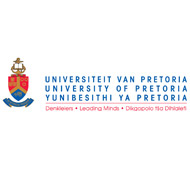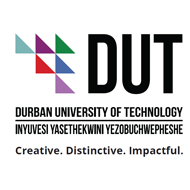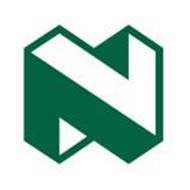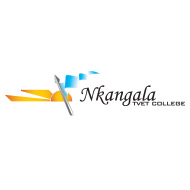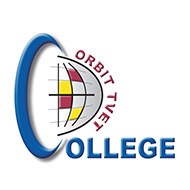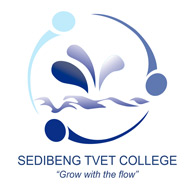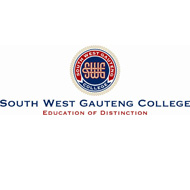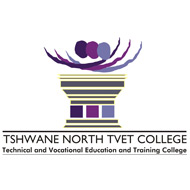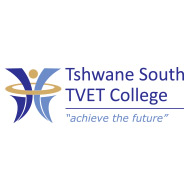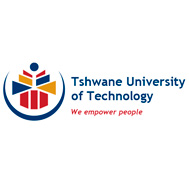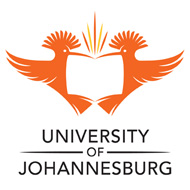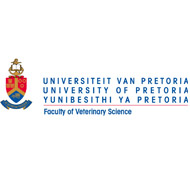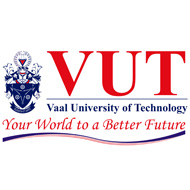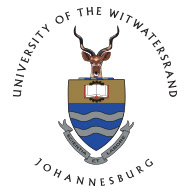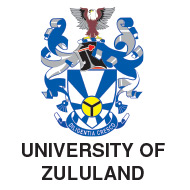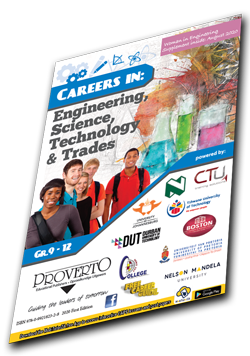Introduction
Despite certain existing perceptions, women have contributed to the diverse fields of engineering in modern and historical times. However, women are often under-represented in the fields of engineering, both in academia and in the profession itself.
Enrolment and graduation rates of women in post-secondary engineering programmes are very important factors in determining how many women go on to become engineers. Undergraduate degrees are acknowledged as the "latest point of standard entry into scientific fields."
In 2011 the INWES Education and Research Institute (ERI), held a national workshop, the Canadian Committee of Women in Engineering (CCWE+20), to determine ways of increasing the number of women in the engineering field in Canada. The workshop identified a goal of increasing women's interest in engineering by 2.6 percent by 2016 to a total of 25 percent through more incentives such as collaboration and special projects. A lack of early education was highlighted as one of the main obstacles in generating interest in addition to other factors, such as: "the popular culture of their generation, the guidance they receive on course selection in high school and the extent to which their parents, teachers and counsellors recognize engineering as an appropriate and legitimate career choice for women".
Worldwide, a number of organizations and programs have been created to understand and overcome this tradition of gender disparity in the engineering profession. This is also the case in South Africa where the activities and aims of two organisations to promote the profession and assist in raising the profile of women in engineering and science will be specifically highlighted.
Before looking at these organisations' roles though it is necessary to understand why it is important to also promote the profession among women, specifically in South Africa.
Why does South Africa need women in science and engineering
The shortage of engineers is a global issue. However, Africa, including South Africa has a critical shortage of trained technological people. In 1980 North America had 2679 scientists and engineers involved in research and development per million population; Latin America had 251; Africa had only 49. In 1993, the USA had 7600 people per million involved in research and development and Japan had 7300. At the moment no reliable figures are available for Africa. Increasing the number of technologically trained people, both men and women, is essential for development.
It is crucial that the role of women in society must be developed and strengthened. Women have the greatest influence on the next generation. They set the standards for health and hygiene and they form the majority of the agricultural labour force. Here an old saying is applicable: "Educate a woman and you educate the next generation".
The importance of taking science subjects
According to the Association of South African Women in Science and Engineering, girls in Africa should be encouraged to take science subjects, not only those girls who might pursue a scientific or technological career, but also those who would then be enabled to apply scientific concepts in their daily lives. Taking science subjects should not only be seen as a vocation but as a means to develop the scientific and technological culture necessary for development.
Women are the greatest resource any country has. Providing encouragement and opportunity for girls and women in science and engineering is one the most powerful ways of harnessing this resource for the development of our country. In a global economy with rising unemployment and a desperate need of scarce skills, increasing the number of women in engineering within any company or country is a competitive advantage. An increase in the number of female engineers not only assists with the critical skills gap but has further implications such as service delivery and adequate access to basic services. Women engineers provide value in creating products which are better suited to targeting 52% of the population who hold 80% of household purchasing power, namely women.
South African organisations for women in engineering
In South Africa, inspiring work has been done and is still being done by organisations specifically aimed at promoting the engineering profession among women and for women. Two organisations particularly worth mentioning are the Association of South African Women in Science and Engineering (SAWISE) and Women in Engineering or WomEng.
SAWISE - South African Women in Science and Engineering This Association is a dynamic organisation for all those who support the idea of strengthening the role of women in science and engineering in South Africa.
SAWISE aims to strengthen this role by inter alia:
- - raising the profile of women scientists and engineers
- - highlighting and addressing problems faced specifically by women in these fields
- - lobbying for the advancement of women in science and engineering
- - providing leadership and role models for young people wishing to enter the fields of science and engineering.
An important function of SA WISE is to improve communication among women scientists and engineers, with e-mail being the preferred medium of communication. Members are encouraged to send ideas and information to SA WISE. SA WISE also maintains contact with other associations of women in science and engineering world-wide. For more information please go to: http://www.sawise.org.za

Accounting made easy
SPONSORS
